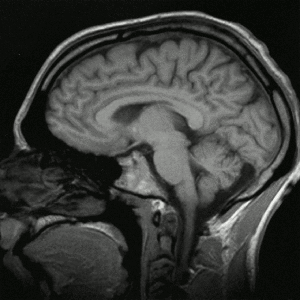Unsolved problems in neuroscience
Appearance
Some of the yet unsolved problems of neuroscience include:

- (Self-)Awareness: What is the neuronal basis of subjective experience, wakefulness, alertness, arousal and attention? What is its function?
- Perception: How does the brain transfer sensory information into coherent, private percepts? What are the rules by which perception is organized? What are the features/objects that constitute our perceptual experience of internal and external events? How are the senses integrated? Is face perception special (e.g. inert)? What is the relationship between subjective experience and the physical world?
- Learning and Memory: Where do our memories get stored and how are they retrieved again? How can learning be improved? What is the difference between explicit and implicit memories? How plastic is the mature brain?
- Development: How and why did the brain evolve (the way it did)? What are the molecular determinants of individual brain development?
- Sleep: What is the function of sleep? Why do we dream? What are the underlying brain mechanisms? What is its relation to anesthesia?
- Cognition and Decisions: How and where does the brain evaluate reward value and effort (cost) to modulate behavior? How does previous experience alter perception and behavior? What are the genetic and environmental contributions to brain function?
- Language: How is it implemented neurally? What is the basis of semantic meaning?
- Diseases: What are the neural bases (causes) of mental diseases like psychotic disorders (e.g. mania, schizophrenia), Parkinson's disease, Alzheimer's disease or addiction? Is it possible to recover loss of sensory or motor function?
External links
[edit | edit source]- original source
- 10 Unsolved Questions of Neuroscience course at the University of Texas at Houston Medical School and UT Austin. There are book chapters online there. (link is dead, try starting from w:David Eagleman.)
- Many theories exist to answer at least some of these questions.
